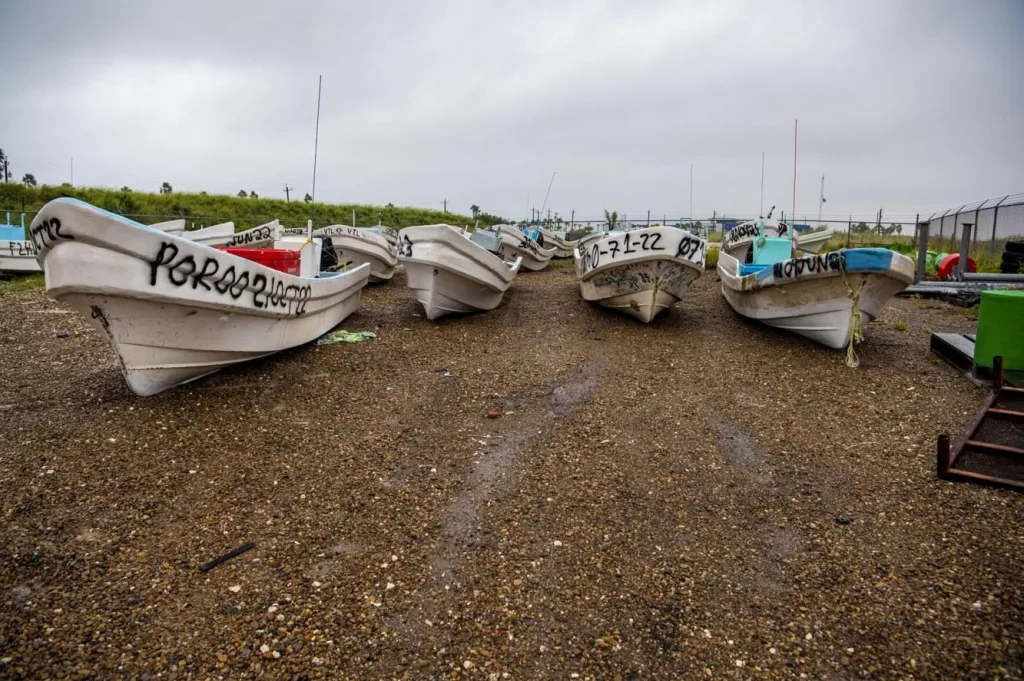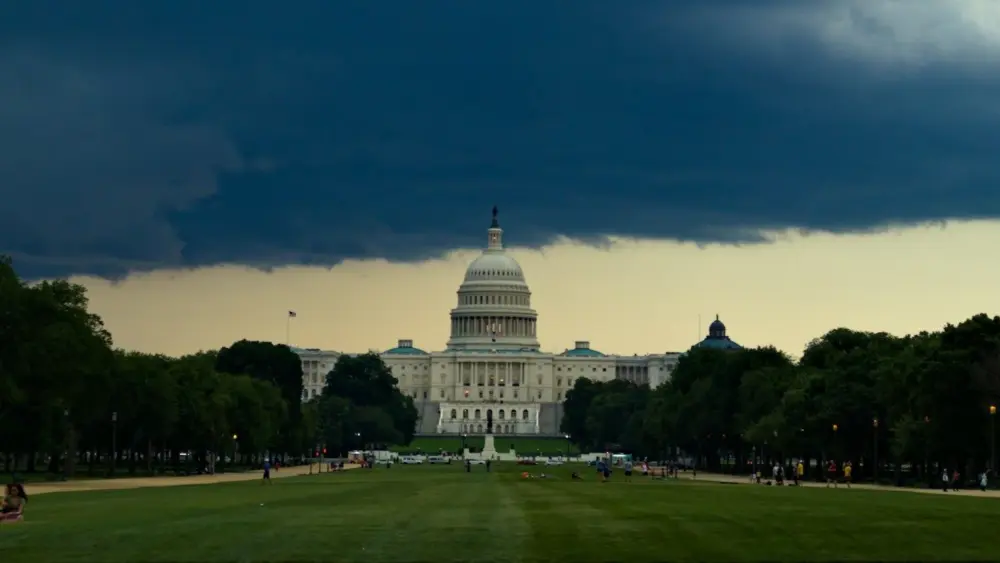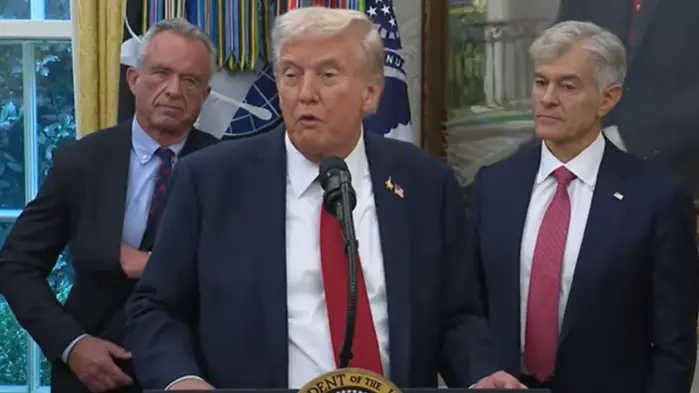WASHINGTON, D.C. – The modern cartels in Mexico supply the illicit drug market in America, but they’ve also shifted to new criminal schemes, diversifying into kidnapping, extortion, illegal mining, petroleum theft and illegal fishing.
President Donald Trump moved to classify the six Mexican cartels as foreign terrorist organizations early in his term. Experts often call them transnational criminal organizations because their reach has expanded into other illegal markets. The U.S. Drug Enforcement Agency and Treasury Department also are targeting cartels for moving black-market oil and gas across the Texas-Mexico border, The Center Square reported.
Cartels use other violent criminal activities to protect their drug operations and grow revenue, according to the DEA report. They also engage in money laundering, extortion, petroleum theft, theft of other natural resources, weapons trafficking, human smuggling, prostitution, and illegal wildlife trade.
The illicit profits from these peripheral activities make the cartels more resilient and increase their ability to expand, according to the DEA report.
In November, the U.S. Treasury Department hit five members of the Gulf Cartel with sanctions over the group’s illegal fishing in the Gulf of America, which includes illicit trade in red snapper and shark species. For this, they use small, fast-boat operations called “lanchas.” The Gulf Cartel’s illegal fishing operations are based out of Playa Bagdad, also known as Playa Costa Azul, a beach several miles south of the U.S. border. Cartels use the same fast boats to smuggle drugs and people, as well.
“Treasury, as part of a whole-of-government approach to combatting transnational criminal organizations, remains committed to disrupting these networks and restricting these groups’ ability to profit from these activities,” Treasury officials said at the time.
Illegal, unreported, and unregulated fishing often involves forced labor and human rights abuses. Unregulated fishing practices further pose issues for ocean health and are one cause of global overfishing. They also contribute to the collapse or decline of fisheries that are critical to the economic growth, food systems, and ecosystems of countries worldwide, Treasury noted.
Cartels began muscling in on illegal fishing years ago and have only grown bolder, said Vanda Felbab-Brown, a senior fellow in the Strobe Talbott Center for Security, Strategy, and Technology in the Foreign Policy program at Brookings.
The takeover started with criminal groups targeting fishers poaching protected species. Then they started extorting and regulating fishers harvesting low-value seafood. Cartels often only allowed fishers to sell solely to them.
“Large companies fishing high-value species, particularly for export, were the last to be targeted, but are increasingly under pressure too,” Felbab-Brown noted in a Brookings report.
Cartels sometimes demand that communities sell them their fish harvests under threat of death. Other times, they tell the locals what species they want and set quotas for delivery. Cartels “violently punish non-compliance with those demands,” Felbab-Brown noted. That’s not the only difference. Cartels sometimes only pay in illegal drugs, such as methamphetamine.
It’s not just fishing; the cartels’ reach extends to processing and sales.
“Next, they establish halcones (spy) presence in communities and processing plants and demand that the processing plants process seafood brought in by the cartels and fake documents for it,” Felbab-Brown noted.
DEA officials are targeting a Mexican transnational criminal organization, recently designated as a foreign terrorist organization, involved in smuggling methamphetamine, heroin, and black-market oil and gas across the Texas-Mexico border. The investigation has identified multiple cartel leaders who have ties to multiple cartels in Mexico. Officials said the ongoing investigation found the criminal groups were stealing and smuggling crude oil from PEMEX, Mexico’s state-owned petroleum company, into the United States. The groups then sell the stolen oil to U.S. oil and gas companies as part of a sophisticated trade-based money laundering scheme.
This could be pushing up prices at the pump for U.S. drivers.
“It is estimated that Mexico is losing tens of billions in tax revenue annually, while simultaneously costing the U.S. oil and gas companies billions of dollars annually due to a decline in petroleum imports and exports during this same period,” the DEA report noted. “The focus will now shift to U.S. companies and members involved in facilitating this illicit Mexican petroleum smuggling operation.”





